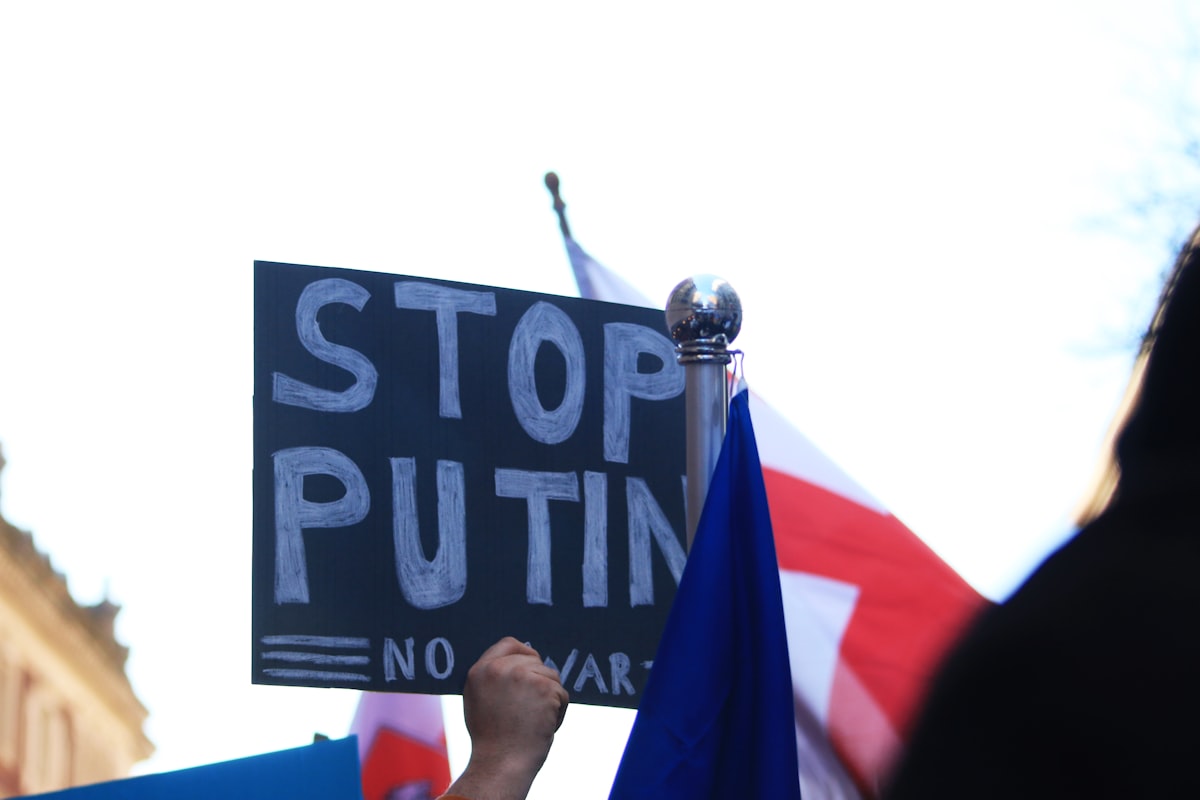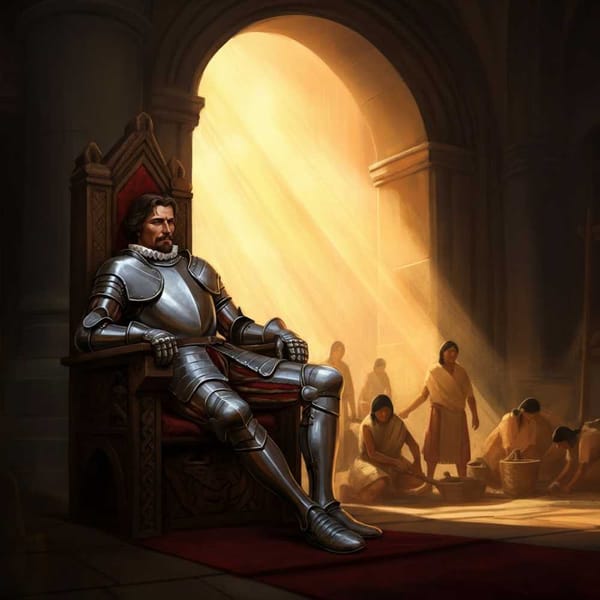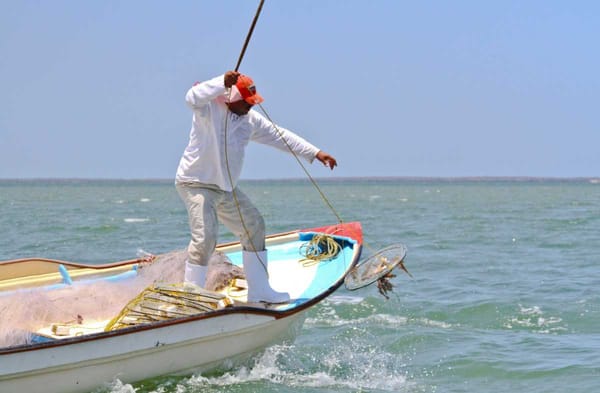The Putin quagmire in Europe: a realistic negotiated proposal for peace
ANDREW DAVIS: After years of procrastination, Western and allied nations have finally woken up to Vladimir Putin’s mischievous intentions. Sanctions are now far and wide, are focused on hurting those who maintain him in power.

After years of procrastination, Western and allied nations have finally woken up to Vladimir Putin’s mischievous intentions. Sanctions are now far and wide, are focused on hurting those who maintain him in power. These sanctions include: banning Russia from SWIFT operations with several Western economies, freezing assets on selected Russian oligarchs, limiting foreign currency convertibility & transactions with overseas banks, closing operations between the Russian Central Bank and those from overseas, banning Russia from overseas airspace in many nations, and disallowing Russia to organize and participate in future international cultural and sporting events. Even oil embargos are now on the table. In short, they expose Russian society at the mercy of a political conflict.
The shock through the financial system is already being felt by businesses and consumers alike. MNCs are fleeing the country (in some cases wanting to cut losses more than due to principal), Western oil companies such as Shell, BP and Exxon are withdrawing their assets, swathes of Russian society are migrating, and those who are staying are to face a certain closed economy for the foreseeable future. Russia is turning to its allies, chiefly China and India, to find solace and generate economic diversion. Moreover even China looks skeptical to help, and full economic structural adjustment for the total new alignment between said nations would take years to achieve for Russia to find any kind of stability again. India looks like siding with Russia & providing support in the form of purchasing discounted oil, but again this will provide little solace for the average Russian citizen, the Russian economy, nor for Putin himself.
Short of initiating world destruction, Vladimir Putin’s only real way out of a political demise is to look for a negotiated agreement. His opponents have also locked themselves into a no-win situation, having escalated sanctions to such a degree that they have trapped him into a corner and are provoking an almost inevitably tragic outcome. A united front against the brutal invasion of Ukraine is positive, of course, and shows a long-overdue collaboration between nations who have been constantly passing the parcel of responsibility, however the time has come to find a scheme which finds justice for Ukraine, reprimands Putin, reasonably ensures this is not repeated, and allows Putin to be tried in a newly-established Russian democracy.
An acceptable agreement for Ukrainian would need to center around it being a neutral country. This was achieved by the likes of Finland during the Cold War. It is also a characteristic of Switzerland which has opted to remain free of the European Union. This would ensure non-aggression or provocation towards Russia. In return, Russia would have to demilitarize in Ukraine completely.
Russian demands would include maintain its sovereignty for Crimea. This is not something desirable diplomatically, however neither has the situation become reversable; the invasion was never stopped in time and this conflict resolution desperately requires a concession in favour of Russia for the sake of peace. Gaining sovereignty of breakaway states in Ukraine (Donbas) would be ceded as a result of local referendums held under auspices of an international referee. The Russian claim of right-wing political extremism in Ukraine could be nullified, by modifying the constitution (Ukrainian), ensuring such groups do not participate in its unicameral parliament again.
More must be offered to Russia to integrate it into the world economy again. However as prerequisites, political and economic guidelines much be met: the political system must firstly hold regular democratic (pluralistic) elections again, and political opposition must be released from exile or captivity. The Russian economic and financial systems need to be opened again with protection & regulation lifted, entrepreneurism must be promoted and foreign direct investment admitted once again to promote global competition. This is, of course, a tall order especially with such difficult neighbours as China, Afghanistan, Pakistan; all with conflicting interests and their own internal and diplomatic complications. However, at this time Vladimir Putin is trumping even them with his recklessness; it is time for thinking big for the sake of peace.
Andrew Davis is a full-time professor and consultant at the International Business and Logistics Faculty at the Tec de Monterrey University in Santa Fe, Mexico City.




